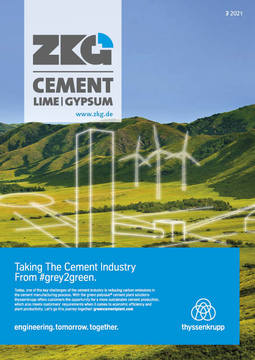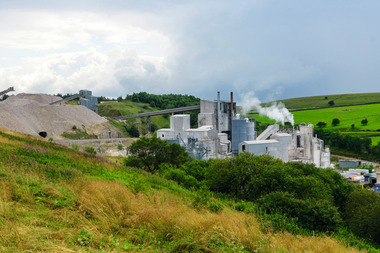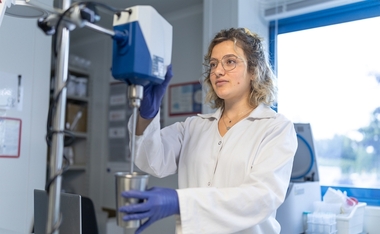HeidelbergCement joins CCS consortium in the UK to create the world’s first low-carbon industrial cluster
HeidelbergCement’s British subsidiary Hanson UK has become a partner in the HyNet North West consortium, which aims to create the world’s first low-carbon industrial cluster in the region of North West England. The proposed hydrogen and carbon capture and storage (CCS) project will play a critical role in the UK’s transition to net zero greenhouse gas emissions by 2050 and the fight against climate change.
HyNet North West covers the largest concentration of advanced manufacturing and chemical production in the UK, including Hanson’s Padeswood cement plant. As a first step, a feasibility study will be conducted to provide a clear design basis and cost estimate for a capture facility at the Padeswood plant, and connection to the proposed HyNet North West CO2 network and storage system. The project will reduce regional CO2 emissions by up to 10 million t every year by 2030 – including up to 800000 t from the Hanson plant in Padeswood. This is the equivalent of taking four million cars off the road.
HyNet North West will deliver 80% of the national hydrogen production target, 100% of the national target for CCS capacity by 2030, and a hydrogen town. The HyNet North West project also includes production, storage and distribution of low carbon hydrogen, which will help to decarbonise other industries whose CO2 emissions primarily come from fossil fuels. The project, led by Progressive Energy, is being developed by a consortium of regionally located partners including Cadent, CF Fertilisers, Eni UK, Essar, INOVYN and the University of Chester as well as Hanson.




